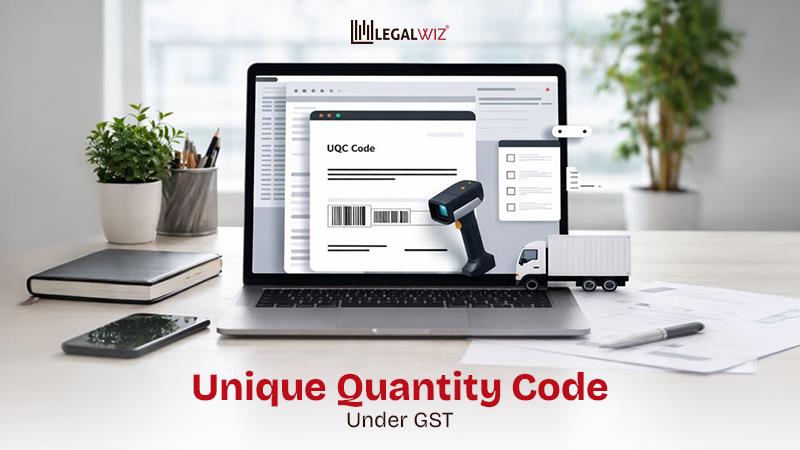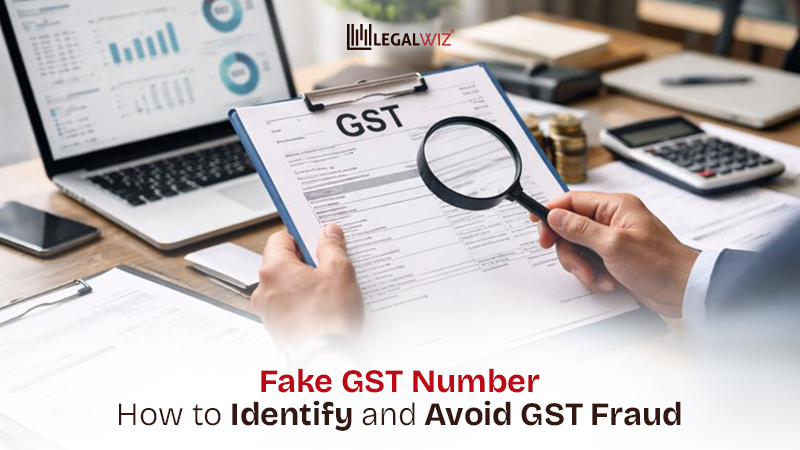How to get Shop and Establishment Registration in India?
Shop and Establishment registration/ license is required under the Shop and Establishment Act. It comes under the Department of Labour of the State Government. It is a basic license that is required to be taken by the shop or establishment.
What is the definition of “Shop” under Shop & Establishment Act?
“Shop” under this act refers to any premises where goods are sold either by retail or wholesale. It even includes a place where the services are rendered to customers and includes an office, a store-room, godown, warehouse or workhouse or workplace; whether in the same premises or otherwise, used in or in connection with such trade or business but does not include a factory or a commercial establishment.
What is the definition of “Establishment” under the Shop & Establishment Act?
A shop, a commercial establishment, residential hotel, restaurant, eating-house, theatre or other places of public amusement or entertainment to which this Act applies and includes such other establishment as Government may, by notification in the Official Gazette, declare to be an establishment for the purpose of this Act.
Who is required to obtain registration under the Shop and Establishment Act?
- Retail and wholesale shops;
- Premises where services are rendered to customers including office;
- Storeroom, godown or warehouse;
- Workhouse or workplace, used for trade or business;
- Commercial establishment;
- Residential hotel;
- Restaurant or eating house;
- Theatre or place of public entertainment or amusement.
Note I.
Shop and Establishment Act is not applicable to factories. They are governed by the Factories Act, 1948.
Note II.
The government may declare any establishment to be considered as an establishment under this Act, by an official notification.
Note III.
“Commercial establishment” means any premises where trade, business or profession is carried on, or any work in connection with or incidental or ancillary thereto is carried on.
Also Read: 5 Mandatory requirements to fulfil for food business
Why does a shop or establishment need registration under this Act?
- To regulate the working conditions of employees;
- To provide rights to employees and impose obligations on employers;
- To provide guidelines regarding various aspects like working hours, leave policy, payment of wages or allowances or deductions, opening and closing hours of shop or establishment, precautionary measures for accidents, cleanliness, lighting or ventilation, etc.
- To prohibit child labour.
How does a Shop and Establishment Registration/ License help the entity?
- It acts as a legal entity proof for carrying on a trade, business or profession;
- It helps to avail Government benefits that are provided from time to time only to those registered under this Act;
- It provides evidence for opening a current bank account for business purpose;
- It helps to resolve disputes emerging in a shop or establishment, in a legal manner.
What is the procedure to get Shop and Establishment Registration?
The shop and establishment registration process have three major steps as follows:
STEP 1: Submit the application within 30 days of commencement of the business, either by visiting the office of the Department of Labour of the State or by visiting the government website of the Department of Labour of the State.
STEP 2: Submit the application to the Chief Inspector, along with the required documents and government fee. Government fee varies from State to State.
Documents Required in this Step
- Photograph of the shop/ establishment’s entrance with the Name Board in local language
- Certificate of Incorporation, Memorandum of Association (MOA) and Articles of Association (AOA)/ LLP (Limited Liability Partnership) agreement, in case of company and LLP respectively
- Copy of PAN card of the shop or establishment
- Identity proof of owner- Voter id, driving license, etc.
- Address proof of shop/ establishment along with NOC (if rented)- Utility bills, rent agreement, etc.
- Copy of partners’ consent or Board resolution
- List of partners/ directors along with their Identity and Address proof
- Details of existing employees – Duration, wage rate, no. of working days in a year, etc.
Major details that this application form carries
- Name of the establishment, category of the establishment, address
- Name of employer or occupier, name of the manager
- Nature of business
- No. of employees, etc.
STEP 3: The Chief Inspector shall register the shop or establishment in the Register of Establishments, on being satisfied with the correctness of the details, and shall issue the registration certificate.
Key points to consider for while registering under Shop & Establishment Act
- The registration certificate should be displayed at the shop or establishment and should be renewed at prescribed intervals.
- Any change subsequently in the Registration certificate, should be notified to the Chief Inspector.
- Failure to obtain a license under this Act shall attract a penalty.
- If any person registered under this Act, carries on trade or business near any shop or establishment either before opening hours of the establishment or after closing hours of the establishment or on a close day, that person shall be deemed to be the occupier of such shop or establishment who has kept it open before opening hours or after closing hours or on close day and shall be liable to be punished.
What records to maintain after getting registration under Shop & Establishment Act?
Details of employees –
- Working hours
- Interval or rest period
- Leave taken
- Leave with wages
- Fines, deductions or advances
- Salary or Wages
- Notice for close day
Conclusion
The Shop and Establishment License Registration is a basic license that provides an entity with a legal identity in terms of carrying on a trade, business or profession. This license makes an entity a registered business establishment in the eyes of law and therefore, does not face any difficulty at the time of inspections or government surveys.

CA Saba Naaz
CA in practice, Partner at S. Saraf & Associates, Gurugram, also a blogger at indiantaxhub.blogspot.com. I am passionate about sharing knowledge by writing articles for students and professionals both. I deal in income tax, GST, corporate compliances, audit and accountancy.







